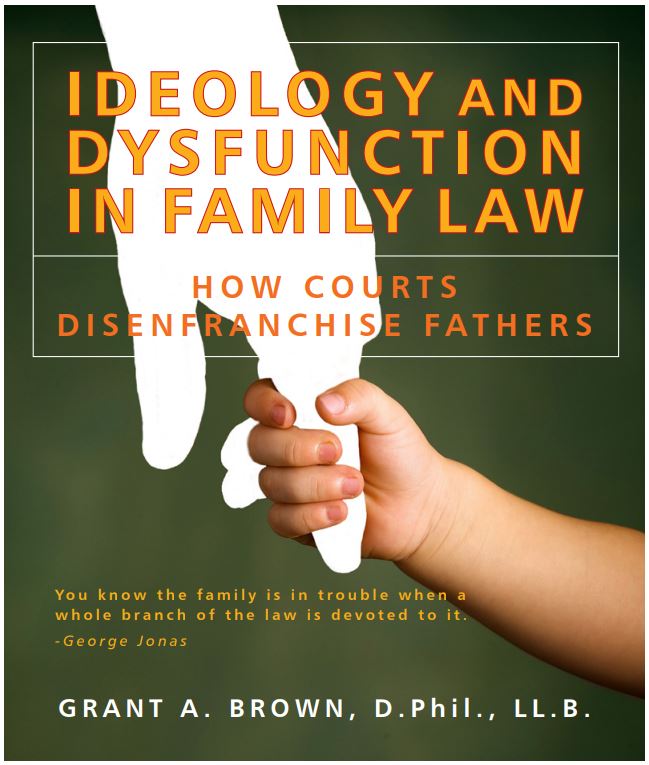During the last decades, most of the efforts to study the importance of free enterprise and to develop private solutions to public policy problems took place at independent think tanks. The economic freedom indices, health savings accounts and the focus on regulatory burdens are good examples. Leadership came from think tanks, not the academy.
Year: 2013
The Economic Blunders Behind the Arab Revolutions: In Egypt and Syria, misguided food and water policies set the stage for revolt and civil war.
Sometimes economies can’t be fixed after decades of statist misdirection, and the people simply get up and go. Since the debt crisis of the 1980s, 10 million poor Mexicans—victims of a post-revolutionary policy that kept rural Mexicans trapped on government-owned collective farms—have migrated to the United States. Today, Egyptians and Syrians face economic problems much worse than Mexico’s, but there is nowhere for them to go.
Ideology and Dysfunction in Family Law: How the courts disenfranchise fathers
For several decades now, fathers have faced significant, widespread bias in family courts across Canada.
Eco-Fascists (CFRA)
Elizabeth Nickson discusses her book "Eco-Fascists" on CFRA Radio.
Featured News
Trade with Mercosur: Opportunities for Canada
In November 2018, Canada and Mercosur opened negotiations for a free trade agreement. The Mercosur, composed of Argentina, Brazil, Paraguay and Uruguay (Venezuela is a suspended member from 2016), represents a bloc representing a GDP of over $3 trillion and a...
San Francisco to Canada: Hate Motivated Crimes—Thinking Globally and Acting Locally
San Francisco, by all accounts a liberal city of diverse communities, is in the grips of what by many is seen as a spree of racist attacks against its Black and Asian residents. According to some reports, anti-Asian crimes have more than doubled while hate crimes...
A Rejoinder to a Recent CCPA Article on Minimum Wages
President Obama’s pledge to increase the national minimum wage has spurred a vigorous debate over how to improve the living standards of low skilled workers. Economists are skeptical of minimum wage increases, pointing out that they increase unemployment. They tend to advocate an earned income tax credit (EITC) as an alternative.
A River Runs Through It: A natural experiment in infrastructure
The downtown bridge is being built by Kentucky and the other, known as the East End crossing, is being built by Indiana. Yet while Indiana has legislation that allows for public-private partnerships (PPP), Kentucky does not. So the downtown bridge will be procured the traditional way, and the East End crossing will use a PPP.
Health-Care Funding Promises Ignore Reality: Province should look abroad to find innovative solutions that work
In her “A GP for Me” plan, Health Minister Margaret MacDiarmid is promising an extra $100 million for 176,000 new patients. That works out to $568 per year per new patient, which would pay for a simple GP office visit about every three weeks for an average patient, one per month for the frail, or one visit every six weeks for complex or pregnant patients.
The Secret to Reviving the Arab Spring’s Promise: Property Rights: The protests that toppled governments were fueled by anger over the lack of a basic element in market economies.
Research in the region conducted by my organization, the Peruvian-based Institute for Liberty and Democracy, has found strong evidence that the Arab Spring revolution was rooted in a desire for what in the West would be called a market-based economy. Arabs and others may not always use that phrase, but their desire for the economic security that comes with property rights and other rights is a force that the foes of individual freedom will not easily overcome. The challenge is to harness that force by offering people of the region the legal protections and security that are the bedrock of all successful economies.
Author and Activist Speaks Out Against Honour Killings
Aruna Papp spent the past three decades devoted to helping Southeast Asian women in Canada and serves as research associate with the Winnipeg-based Frontier Centre for Public Policy. She is also an outspoken advocate for women from cultures that devalue females and she is most appalled at the murders of females at the hands of their fathers and brothers.
Canada can be more than a follower on climate change
Minister Kent told his audience in Guelph about “the important role of science in driving the development of world-class regulations in Canada”. Now is his chance to make this boast a reality on the climate file.
Keystone in the News
One more element has been put in place with the release of a Draft State Department Assessment of the impacts of the pipeline. In my mind, the assessment is correct that the pipeline will have limited impact on the future development of the oil sands. Already higher...
A New Crown Review: An Idea Whose Time Has Come
In this study, Sheldon Schwartz, a former Crown Investments Corporation Vice President, examines the case for a new review of Saskatchewan’s Crown Corporations. He argues that much has changed in the 15 years since the last review, and the time has come to take another look at the provinces asset portfolio.
Media Release – Seeking a Pragmatic Review of Saskatchewan’s Crown Corporations: An Idea Whose Time Has Come
This backgrounder makes a case for a review of Saskatchewan’s commercial Crown corporations. A Review would foster informed public debate, and would help the government and opposition parties to develop clear policies on Crowns. It would provide a pragmatic alternative to ideology in assessing the benefits, costs, risks, and continuing public policy purpose of government ownership of various commercial Crowns.
In this policy backgrounder, Sheldon Schwartz, a former Crown Investments Corporation Vice President, examines the case for a new review of Saskatchewan’s Crown Corporations. He argues that much has changed in the 15 years since the last review, and the time has come to take another look at the provinces asset portfolio.
